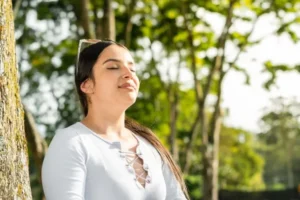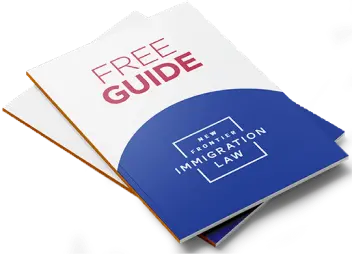There’s a lot one of our immigration attorneys in Phoenix, AZ, can do for you. Our lawyers offer many services to protect undocumented people who are victims of extreme cruelty from deportation. Your lawyer will be able to help with all of the following:
Applying for Your VAWA Case
If you are being victimized as a spouse or child, you don’t have to apply alone. Instead, you can let your lawyer do it with you or even for you.
Our lawyer will ask you about your situation right now and tell you how they can help. We will review all of the VAWA qualifications with you and make sure you meet them.
If you meet the qualifications, your lawyer will help you collect documents and other evidence showing you qualify. Next, your lawyer will take you through the process of applying for and acquiring the VAWA deferred action.
Applying for Your Family
If you have any unmarried children over 21, your lawyer may be able to include them as beneficiaries in your application. If the application is approved, your children will be granted immigrant classification.
Applying for Permanent Residency
If you already have VAWA deferred action, your lawyer will tell you about applying for a Green Card. If you qualify for one, your lawyer will take you through the process of applying for and acquiring the card.
Preventing or Appealing a Denial
Your VAWA application could be denied if you can’t prove certain criteria. However, we can make sure your application has sufficient evidence to avoid a denial.
Alternatively, if you’ve already filed your application and it was denied, your Phoenix VAWA immigration lawyer can either resubmit the application with more evidence or appeal the denial.
Preventing You from Being Deported
With your VAWA deferred action, you’ll be highly protected from deportation, but you may not be immune to it. If you ever receive a deportation notice or if you ever believe you’re under threat of deportation, your lawyer may be able to help you.
When you work with our firm, we can explain all the ways we can work with you as you seek documentation.





